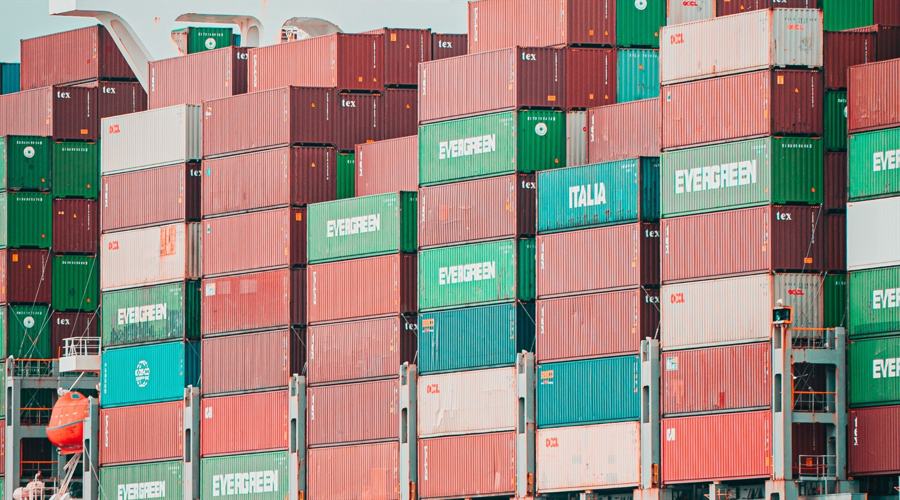Supply chains
are crucial to the global economy because they ensure the efficient movement of
commodities from manufacturers to consumers. Traditional supply chains, on the
other hand, are frequently plagued by inefficiencies, a lack of transparency,
and vulnerabilities.
Blockchain
technology has the potential to address these issues and improve supply chain
resiliency. In this post, we will look at how blockchain technology has the
potential to revolutionize supply chains by increasing transparency, boosting
traceability, and enabling more robust and sustainable supply chain networks.
Traditional
Supply Chain Difficulties
Traditional
supply chains are intricate networks comprising numerous parties such as
manufacturers, suppliers, distributors, and retailers. Despite technological
and logistical developments, traditional supply networks confront various
challenges:
Lack of
Transparency
Traditional
supply chains lack transparency, making it impossible for participants to trace
and verify the movement of items. This obscurity can generate delays,
disagreements, and difficulties in determining the fundamental causes of
problems.
Traditional
supply chains frequently rely on human processes and documentation, resulting
in delays, inaccuracies, and increased expenses. These inefficiencies can have
an influence on supply chain networks’ overall responsiveness and
competitiveness.
Counterfeit and
fraud offer substantial dangers to supply chains, resulting in financial
losses, brand reputation damage, and potential customer injury. Traditional
supply networks struggle to recognize and mitigate these risks effectively.
Blockchain
Technology’s Potential
Blockchain
technology, with its intrinsic properties of transparency, immutability, and
decentralized consensus, provides solutions to traditional supply chain
difficulties. Supply chain participants can use blockchain to:
Improve
Transparency and Traceability
Blockchain
allows for the construction of a shared, unchangeable ledger that records and
validates every transaction and movement of items. This transparency gives
participants real-time visibility into the whole supply chain, allowing them to
track and trace products from the point of origin to the point of sale.
Blockchain
reduces the need for intermediaries and manual processes, automating and
optimizing supply chain activities. Smart contracts, which are self-executing
agreements on the blockchain, can automate operations like payment…
























